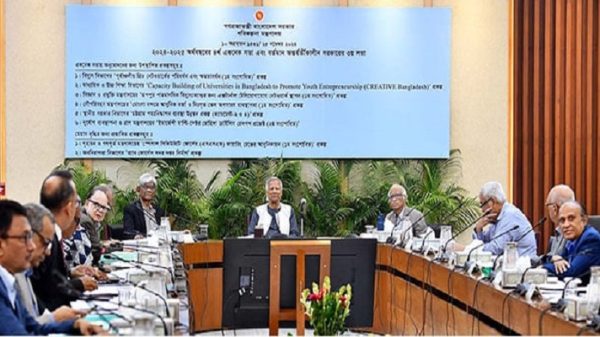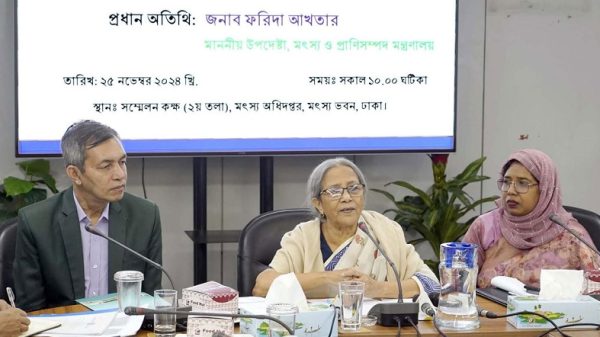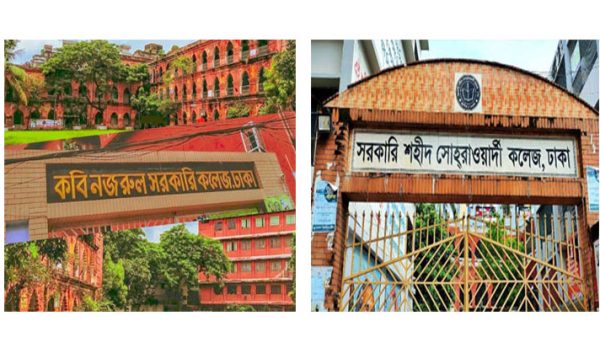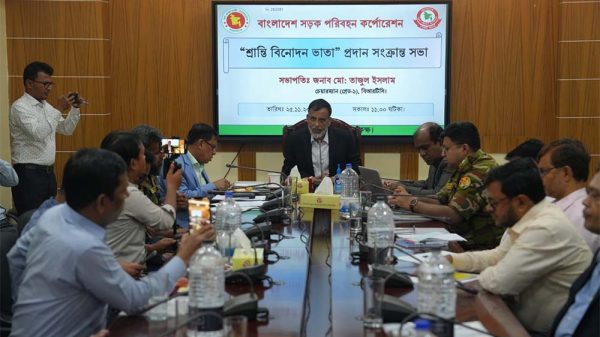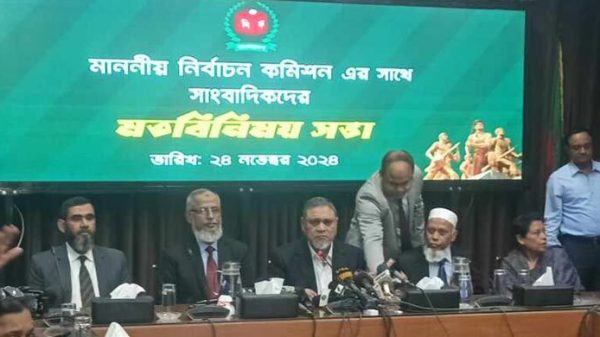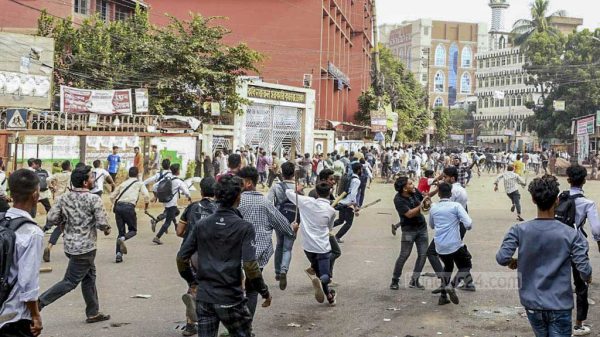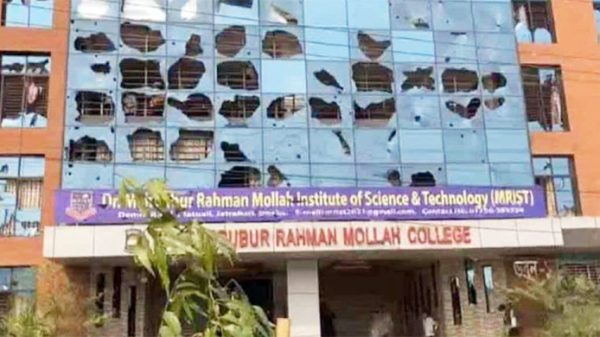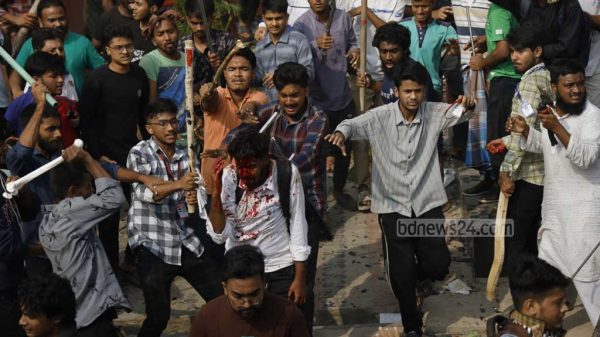Corruption, favoritism persist at RAJUK

- Update Time : Saturday, 24 August, 2024, 07:11 pm
- 54 Time View
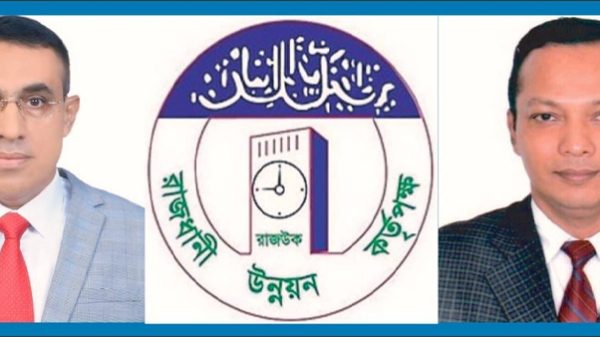
Online Desk :
The Rajdhani Unnayan Kartipokkya (RAJUK), once a symbol of professionalism and efficient urban planning, now finds itself enmeshed in a web of corruption and mismanagement.
Historically, RAJUK was regarded as a prestigious posting for officials, offering significant opportunities for enrichment. However, political favoritism has tainted its appointments, leading to widespread corruption and a decline in institutional integrity.
Under the previous Awami League government, RAJUK became a focal point of political patronage, with positions being filled based on party loyalty rather than merit. This has fostered a culture of corruption, where appointments are often made to benefit party supporters rather than to enhance the institution’s effectiveness.
This has been particularly evident over the past decade and a half, as political interference has significantly undermined RAJUK’s ability to function as a competent urban development body.
Recent developments have intensified scrutiny of RAJUK’s leadership. On April 4, 2024, Major General Md Siddiqur Rahman Sarkar, a retired army officer with close ties to Prime Minister Sheikh Hasina’s military advisor Tariq Siddiqui, was appointed Chairman of RAJUK. His appointment has been controversial, with critics arguing that his lack of experience in public administration and engineering has led to increased instability and inequality within the organisation. His tenure has been marked by a lack of momentum in daily operations and a perceived decline in RAJUK’s effectiveness.
Adding to the concerns is the continued presence of Major (Eng.) Samsuddin Ahmad Chowdhury as Member (Development) at RAJUK. Chowdhury, also a retired army officer and a known loyalist of former Prime Minister Sheikh Hasina, was appointed to his position on January 1, 2018, as a reward for his involvement in a high-profile case.
Despite the change in government, Chowdhury’s appointment remains in force, exacerbating frustration among RAJUK’s staff and raising questions about the new administration’s commitment to reform. The interim government faces mounting pressure to address these issues and restore RAJUK’s credibility.
The retention of these politically appointed officials has fueled dissatisfaction among RAJUK’s employees, who feel that the institution’s potential for reform is being undermined by the continuation of politically motivated appointments.
As investigations into RAJUK’s corruption and irregularities continue, there is a growing call for the new government to take decisive action. The need for reform is urgent, and the public, along with RAJUK’s dedicated staff, is eagerly awaiting substantive changes that will restore professionalism and eliminate political favoritism within the agency.
The future of RAJUK depends on the new administration’s ability to tackle these entrenched issues and revitalize the institution’s role in urban development and planning.

